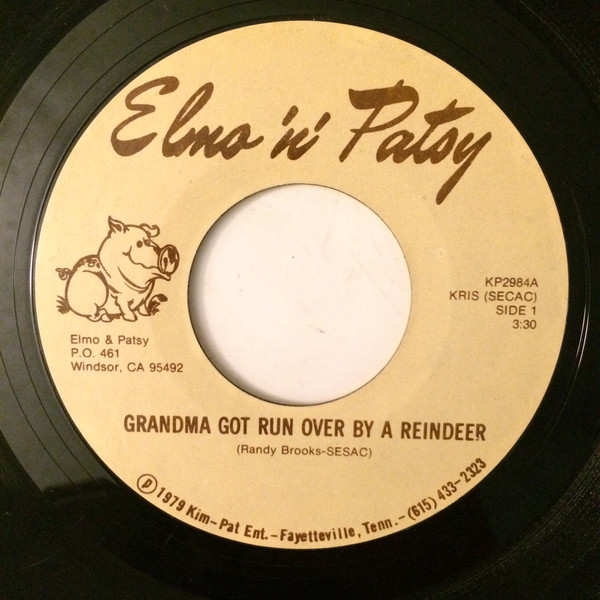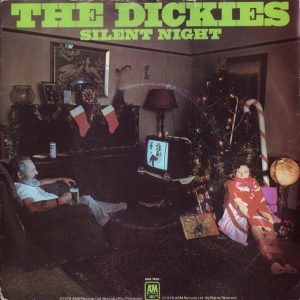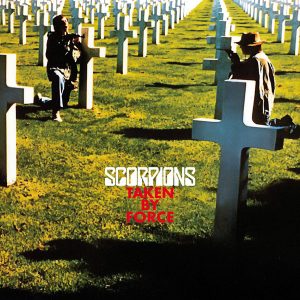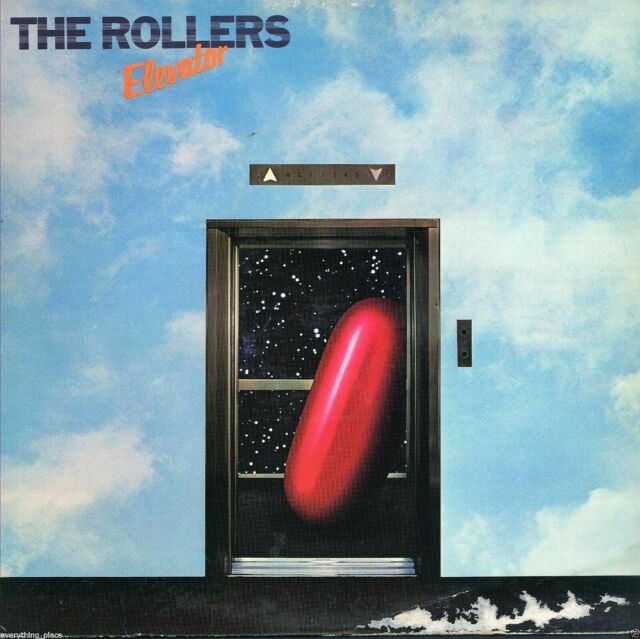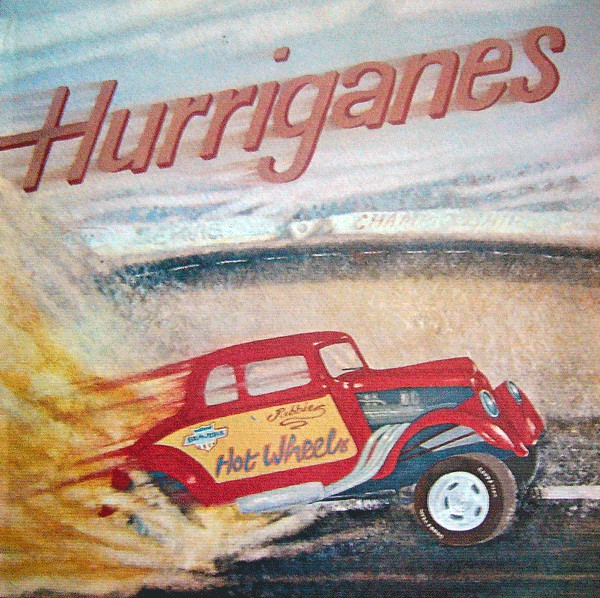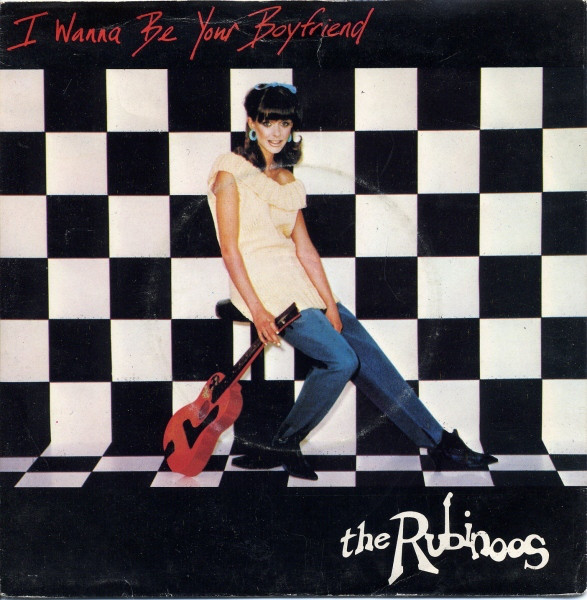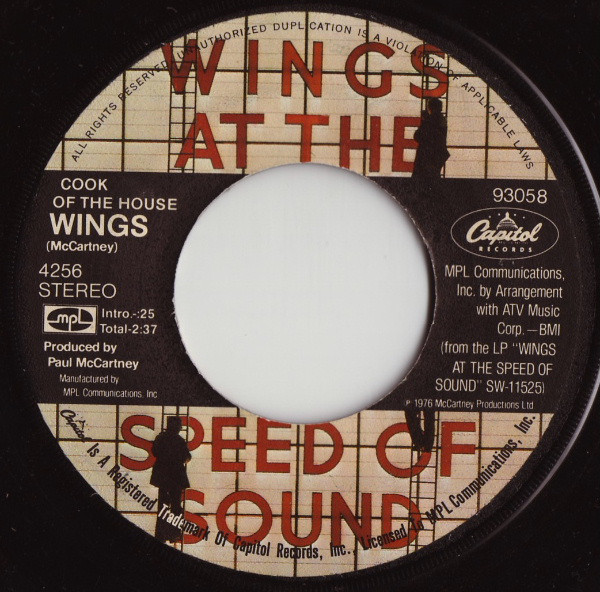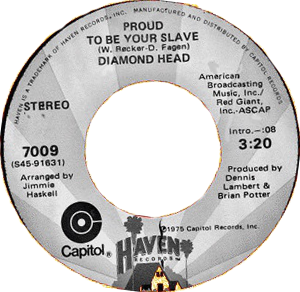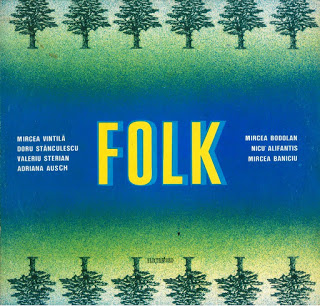
“Starry Eyes” (1979) – The Records * Written by John Wicks and Will Birch * Produced by Dennis Weinreich and Will Birch * 45: “Starry Eyes”/ “Paint Her Face” * Label: Virgin * Charts: Billboard Hot 100 (#56)
For the most part, “Starry Eyes,” the candy-flavored record by England’s Records, deserves its place as an all time power pop short-lister. It had the right kind of title, the right kind of instrumentation, and the right kind of structure (an opening octave-guitar refrain that returns happily as a middle eight). It also has historical credentials with its #56 Billboard chart position and verified presence as a transistor jangler during the late years of AM hit radio. Where it doesn’t check the right box is in lyrical content. It’s a record about the virtues of hard work and a dis on their manager, who hangs out in the hotel pool while they handle business in the conference rooms. “Get me out of your starry eyes and be on your way,” they sing, but so uplifting is the music that the average undemanding listener likely assumes all the words have romantic connotations. (Even in their romantic songs, after all, the Records always did come across as smarter than the rest.) The 45 version that became a hit in the US had a more jagged guitar sound than the UK LP (Shades in Bed) version, to which producer Snuff Garrett also added unnecessary pacing tweaks. (Lending value to the single is a non-album flipside with its own guitar refrain, a distinctly uillean-esque one.)

